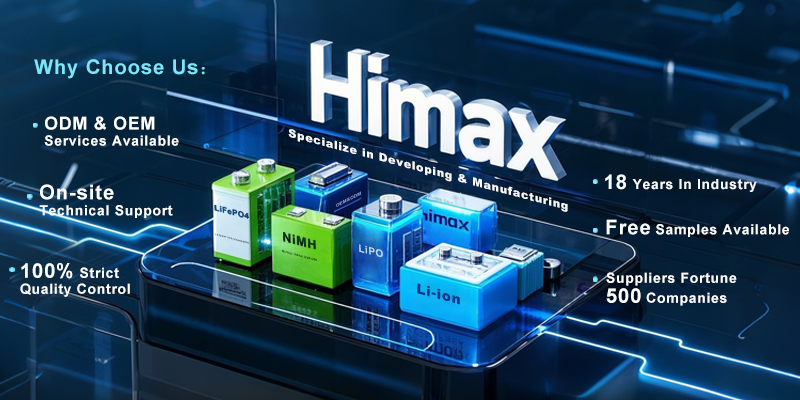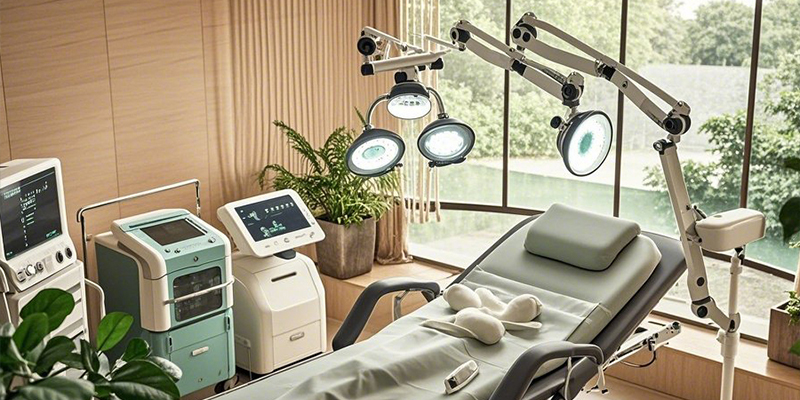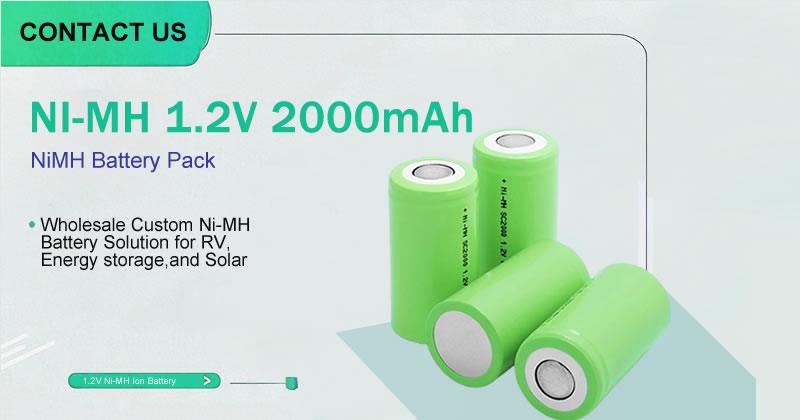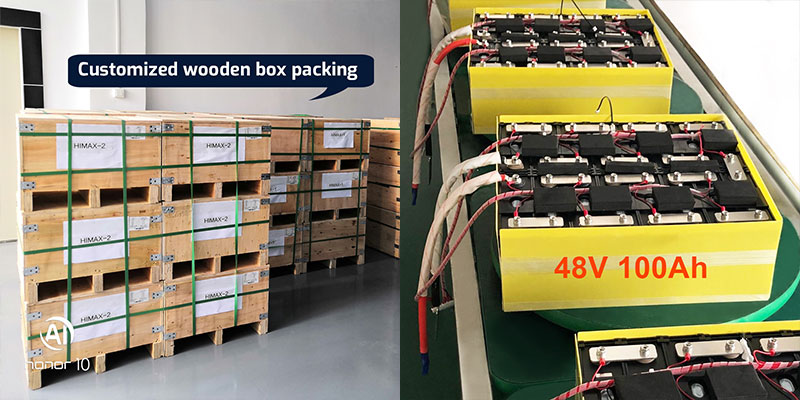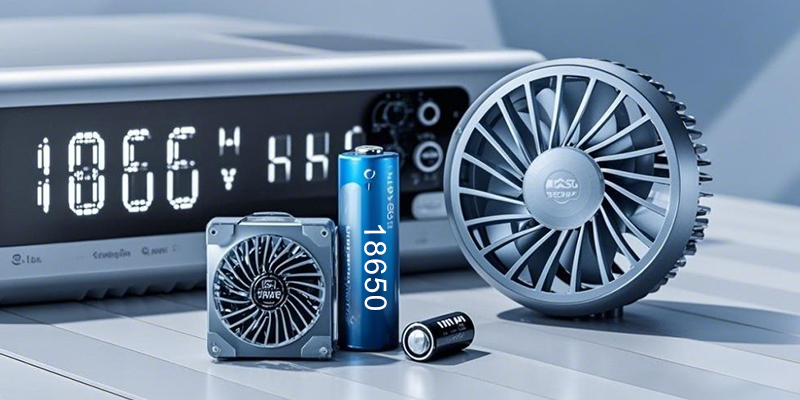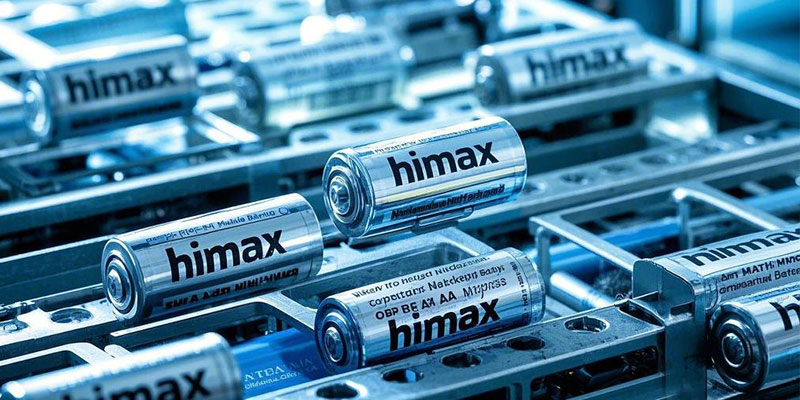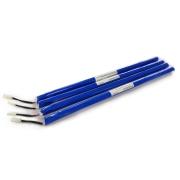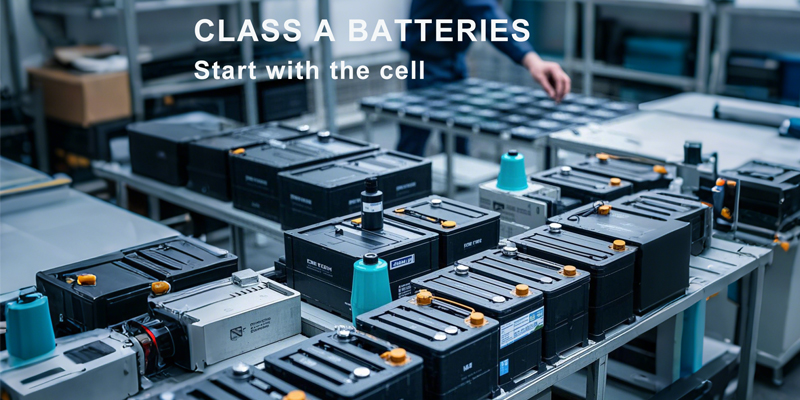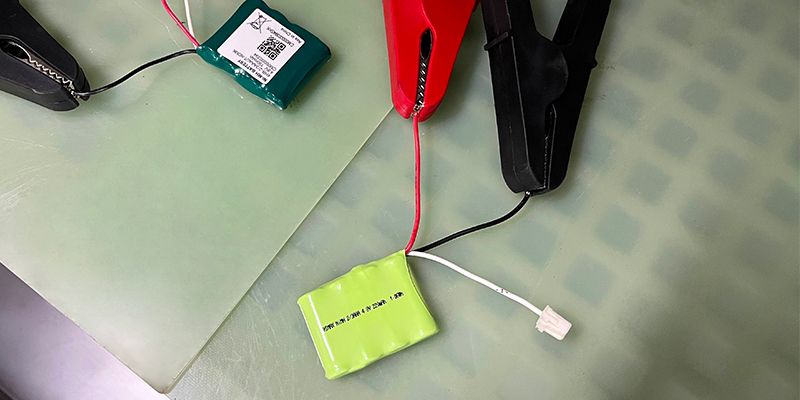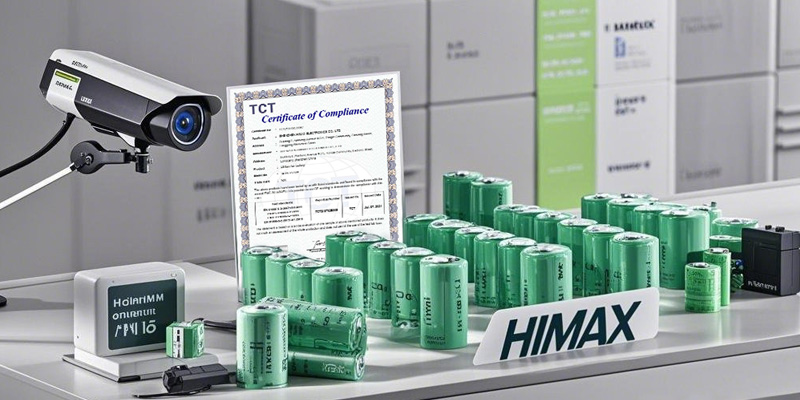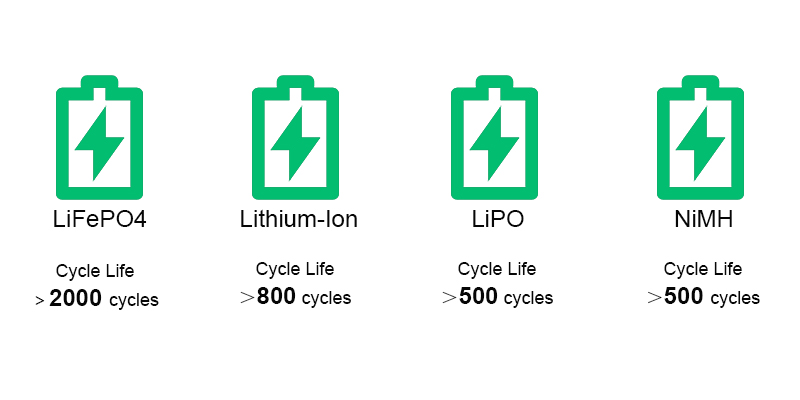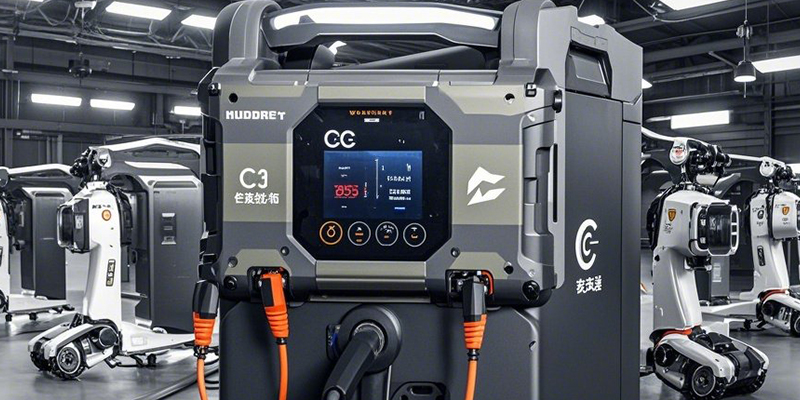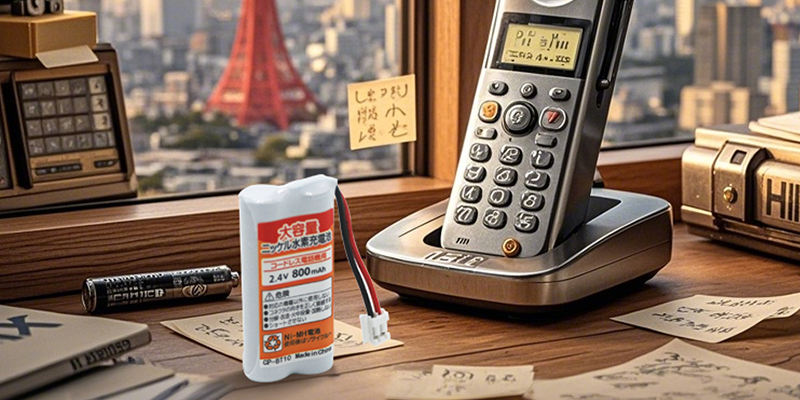A Guide to Choosing Batteries for Your Breast Pump: 4.8V 1500mAh NiMH Battery vs. Lithium Battery
What Type of Battery Does a Breast Pump Use?
For new moms, an electric breast pump is a lifesaver during breastfeeding, and the battery is its core power source, directly affecting the pump’s runtime, safety, and portability. Whether you’re traveling or using it at home, the battery’s performance determines how reliably your pump will work—especially when you need to use it frequently, making battery life and safety top priorities. The most common batteries for electric breast pumps are the 4.8V 1500mAh NiMH (nickel-metal hydride) battery and lithium batteries. Each has its own strengths and weaknesses in terms of technology and user experience, and picking the right one can enhance your pumping experience while ensuring safety for both you and your baby.
In this guide, we’ll break down the technical differences between NiMH and lithium batteries, compare their features in detail, and offer practical buying tips tailored to real-world breast pump use. Whether you’re purchasing a battery for the first time or looking to replace one for your current device, this article has all the info you need. Let’s dive in and find the best battery for your electric breast pump!
Comparing NiMH and Lithium Batteries: The Technical Breakdown
Features and Benefits of NiMH Batteries
NiMH batteries are a popular type of rechargeable battery, often used in low-voltage devices like electric breast pumps. A single NiMH cell has a voltage of 1.2V, and by connecting four cells in series (a 4S configuration), you get 4.8V with a capacity of 1500mAh, delivering stable power output. NiMH batteries work through a chemical reaction between a nickel oxide positive electrode and a metal hydride negative electrode, producing no harmful substances during charge and discharge cycles, making them an eco-friendly option.
The biggest advantages of NiMH batteries are their high safety, affordability, and compatibility. Since they don’t contain lithium, NiMH batteries won’t catch fire or explode during overcharging, over-discharging, or short-circuiting, making them a safer choice for devices with strict safety needs, like breast pumps. They’re also more budget-friendly, perfect for users watching their spending. Plus, the 4.8V design matches the power requirements of most electric breast pumps, offering strong compatibility without the need for extra voltage converters.
Features and Benefits of Lithium Batteries
Lithium batteries have gained popularity in recent years. A single lithium cell typically has a voltage of 3.7V, so to match a breast pump’s 4.8V requirement, a step-down circuit is often needed to adjust the voltage, with a capacity usually around 1500mAh. Lithium batteries operate by moving lithium ions between the positive and negative electrodes, boasting a high energy density that allows them to store more power in a smaller size.
Lithium batteries shine in their high energy density, lightweight design, and fast charging. Compared to NiMH batteries, a lithium battery of the same capacity is smaller and lighter, making it easier to carry—ideal for moms on the go. They also charge faster, typically in 1-2 hours, while NiMH batteries might take 4-6 hours. However, lithium batteries require a protection circuit to prevent overcharging, over-discharging, and short-circuiting, as they can pose a fire or explosion risk if mishandled, which raises safety concerns for breast pump use.
Key Differences: Why NiMH Batteries Are Safer
When choosing a battery for your electric breast pump, understanding the core differences between NiMH and lithium batteries is crucial. In terms of capacity, both the 4.8V 1500mAh NiMH and lithium batteries offer similar theoretical runtimes, powering a breast pump for about 2-3 hours. However, lithium batteries have a higher energy density, potentially making them more efficient in real-world use. On the weight front, lithium batteries are noticeably lighter—about 60%-70% of the weight of a NiMH battery—making them a better fit for users who need to carry their pump frequently.
Safety is where the two differ most. NiMH batteries won’t explode even in extreme conditions like overcharging or short-circuiting, making them much safer. Lithium batteries, while equipped with protection circuits, still require careful handling to avoid over-discharging or physical damage, which could lead to safety risks. Charging speed is another difference—lithium batteries charge faster, but NiMH batteries have a longer cycle life, typically supporting over 1,000 charge-discharge cycles compared to 500-800 for lithium. For a device like a breast pump that needs stable performance, safety often outweighs charging speed, giving NiMH batteries an edge in this scenario.
How to Choose the Right Battery for Your Breast Pump: Buying Tips
Battery Life and Usage Needs
Battery life is a key factor when selecting a breast pump battery. A 4.8V 1500mAh battery can power most breast pumps for 2-3 hours of continuous use, which is enough for a full pumping session (typically 20-30 minutes per session). If you need to pump 3-4 times a day, consider keeping a spare battery on hand or opting for a fast-charging option.
Lithium batteries charge faster, often in 1-2 hours, making them ideal for users who need frequent recharges. However, they can be damaged by over-discharging, which might affect runtime stability if not used properly. NiMH batteries, on the other hand, have a smoother discharge curve, providing more consistent output even at low power levels, ensuring your pump runs reliably—perfect for those prioritizing stability. If you use your pump often and value consistent performance, a 4.8V 1500mAh NiMH battery is a solid choice.
Safety and Portability Considerations
Safety should be your top priority when choosing a breast pump battery. NiMH batteries are chemically stable and won’t catch fire or explode, even in extreme conditions, making them ideal for devices with high safety requirements. Since breast pumps are often used at home or near your baby, minimizing safety risks is critical, and NiMH batteries excel here. Lithium batteries, despite having protection circuits, still need careful handling to avoid over-discharging or physical damage, especially when you’re on the go, where storage conditions can be harder to control.
For portability, lithium batteries are the winner. A 1500mAh lithium battery is typically 30%-40% lighter than a NiMH battery, making it easier for moms who travel frequently to carry. NiMH batteries are a bit heavier but more durable, ideal for long-term use without frequent replacements. If you mostly use your pump at home, the weight difference might not matter much, and the safety and reliability of a NiMH battery make it the better pick.
Budget and After-Sales Support
Budget is another important consideration. A 4.8V 1500mAh NiMH battery usually costs 20%-30% less than a lithium battery of the same capacity, making it a great option for those on a tighter budget. Lithium batteries are pricier due to their high energy density and fast charging, but they’re worth it for users who prioritize portability and charging speed.
Choosing a brand with good after-sales support is also key. Reputable brands often offer more reliable battery quality and better customer service. For example, HIMAX Electronics is known for its expertise in battery manufacturing and provides a one-year warranty. Before buying, check customer reviews to gauge real-world performance and confirm if the seller offers a return or exchange policy in case the battery isn’t compatible with your pump.
Picking the Best Battery for Your Breast Pump
After comparing the 4.8V 1500mAh NiMH battery and lithium battery, it’s clear that each has its strengths for breast pump use. NiMH batteries stand out for their safety, stability, and affordability, making them ideal for moms with high safety concerns, especially for home use, where they provide peace of mind. Lithium batteries, with their lightweight design and fast charging, are better for frequent travelers, though they require careful handling to maintain safety and protect their circuits. Overall, for a device like a breast pump that needs consistent performance, a NiMH battery is often the safer bet.
Still unsure which battery to choose for your breast pump? The HIMAX 4.8V 1500mAh NiMH battery is the perfect pick! Designed specifically for breast pumps, this battery offers top-notch safety, reliable runtime, and great value, ensuring long-lasting and dependable power for your device. HIMAX Electronics, a trusted supplier of lithium and NiMH batteries, is committed to delivering high-quality power solutions. Visit the HIMAX Electronics website to grab this battery and make your pumping experience worry-free!
